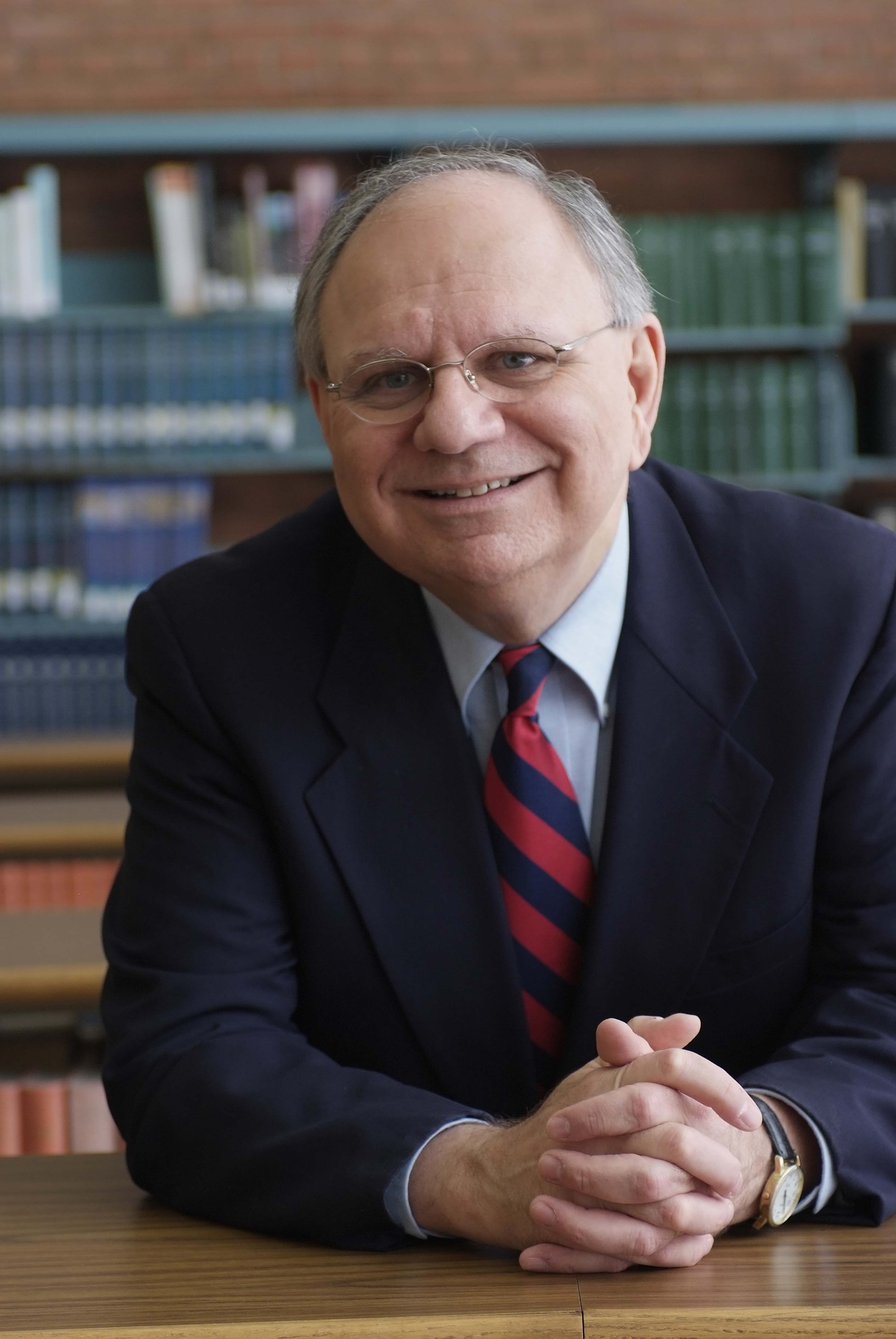Key points
- The Revised Social Principles are up for consideration at the General Conference set for April 23-May 3 in Charlotte, North Carolina.
- The Rev. Lovett H. Weems Jr. argues that the revision represents important work by a diverse group of United Methodists and offers the denomination a new start and a model for working together.
- The statement on marriage, he says, “can be affirmed by people across the diversity of conferences.”

Photo courtesy of Wesley Theological Seminary.
Commentaries
The upcoming General Conference will consider a Revised Social Principles following eight years of work by hundreds of lay and clergy around the globe.
The 2012 General Conference asked the United Methodist Board of Church and Society to revise the Social Principles to become more globally relevant, theologically sound — and more succinct.
Perhaps no church effort has involved directly so many worldwide constituents, since much of the impetus for the revision came from central conferences. Some experienced language in the previous version to be difficult to use in their contexts. The Revised Social Principles are available in 10 languages.
A goal was to make the principles contained in the revised document usable in positive ways within all cultures. Consideration of the Revised Social Principles gives the post-disaffiliation United Methodist Church an opportunity to begin living together in new and constructive ways.
In addition to providing guidance to the church and world, the revised Social Principles are also a document of the church. General Conference delegates are asked to approve such a document on behalf of all United Methodists. That is an awesome responsibility, and one that cannot ignore the full range of people who have responded to the call to discipleship through The United Methodist Church.
For example, language about marriage in the revised version can be affirmed by people across the diversity of conferences: “Within the church, we affirm marriage as a sacred, lifelong covenant that brings two people of faith into union with one another and into deeper relationship with God and the religious community.” This statement can be used to bless and teach in a multitude of cultural contexts.
Some would prefer to modify the statement to say marriage is between a man and a woman. But why would you? Why edit to inject unnecessary division and disunity? Others would prefer that the statement on marriage include specifically same-sex marriages. But why would you? Why edit to inject unnecessary division and disunity? Despite protestations otherwise, there is no global moral consensus on these issues. So until God’s wisdom is revealed more clearly and uniformly among the United Methodist family, we do well to focus on what we can all affirm.
Subscribe to our
e-newsletter
Surely we have learned something since 1972 when a new set of social principles was presented as developed by former Evangelical United Brethren and Methodist representatives for the new United Methodist Church. In many ways, that unfortunate debate around homosexuality set the adversarial tone for the next 50 years.
The 1972 conference should have listened to the Rev. Walter Muelder, a seminary dean and delegate from the former Southern New England Conference, who said that “our church as a whole has not yet matured its thought on this very complex question” and, under such circumstances, the conference should not “make final judgments” that “would prejudge all future thinking and reflection.”
There is a better way to live together as Christ followers. We affirm God’s revelation and continue to pray and practice Christian conferencing until God’s wisdom is more fully revealed.
Weems is distinguished professor of church leadership and senior consultant of the Lewis Center for Church Leadership at Wesley Theological Seminary in Washington.
News media contact: Tim Tanton or Joey Butler at (615) 742-5470 or [email protected]. To read more United Methodist news, subscribe to the free UM News daily or weekly digests.



